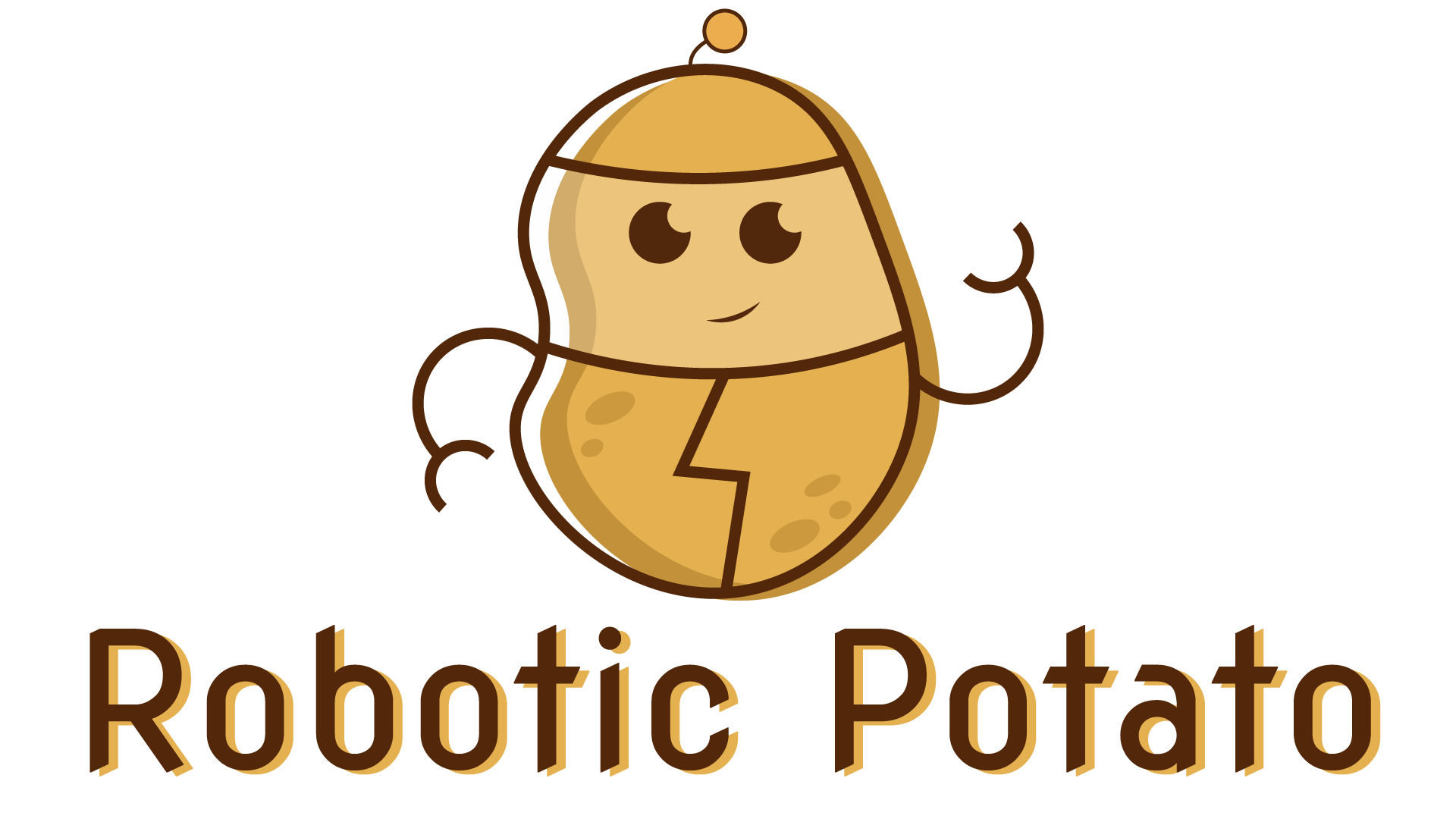“`html
In today’s fast-paced digital landscape, leveraging digital content tools can be a game-changer for your marketing strategy. From understanding what digital media tools are to exploring the best content creation software, this guide provides a comprehensive look at how these tools can enhance your efforts. We’ll delve into the importance of digital content, explore popular digital marketing tools, and offer insights into selecting the right digital asset management solutions. Whether you’re a small business seeking essential tools or a large enterprise aiming for advanced strategies, this article outlines how digital content tools can drive success and improve your marketing outcomes.
“`
Digital Media Tools
Digital media tools are software applications and technologies that enable creators to produce, edit, and distribute multimedia content efficiently. These tools have revolutionized the way we consume and interact with digital media, making it easier to create engaging stories, convey messages, and connect with audiences worldwide.
Key Features of Digital Media Tools
Some essential features of digital media tools include:
- Content Creation: Digital media tools allow users to create various types of content, such as videos, images, audio files, and interactive experiences.
- Editing and Post-Production: These tools offer advanced editing capabilities, color correction, sound design, and visual effects to refine and polish content.
- Collaboration and Project Management: Many digital media tools facilitate teamwork, enabling multiple users to work together on projects, share assets, and track progress.
- Distribution and Publishing: Digital media tools often integrate with social media platforms, websites, and online marketplaces, making it easy to publish and share content with global audiences.
- Analytics and Feedback: Some digital media tools provide analytics and feedback mechanisms, helping creators understand their audience’s behavior, preferences, and engagement patterns.
Popular Digital Media Tools
Several popular digital media tools cater to various needs and industries, including:
- Adobe Creative Cloud: A suite of creative apps, such as Photoshop, Illustrator, Premiere Pro, and After Effects, for graphic design, video editing, and motion graphics.
- Avid Media Composer: A professional video editing software used in film and television production, offering advanced features like multi-camera editing and color grading.
- DaVinci Resolve: A free and paid video editing software, known for its color grading and audio post-production capabilities, widely used in the film and television industry.
- Blender: A free, open-source 3D creation software for modeling, rigging, animation, rendering, and compositing, popular among indie filmmakers and game developers.
- Final Cut Pro X: A professional video editing software for Mac users, featuring advanced features like color grading, audio ducking, and multicam editing.
Best Practices for Using Digital Media Tools
To get the most out of digital media tools, consider the following best practices:
- Choose the Right Tool for the Job: Select a tool that aligns with your project’s requirements, skill level, and budget.
- Learn the Basics and Advanced Techniques: Familiarize yourself with the tool’s interface, features, and workflows to maximize productivity and creativity.
- Organize Your Assets and Projects: Keep your files, folders, and projects well-organized to reduce stress and increase collaboration efficiency.
- Stay Up-to-Date with Industry Trends and Updates: Regularly check for updates, tutorials, and community forums to stay informed about the latest developments and best practices.
The Best Content Creation Tools
We’ve reviewed numerous AI content creation tools to determine which ones stand out from the rest.
- Content Blossom : A powerful AI writer that generates high-quality content quickly and efficiently. Its advanced algorithms allow for seamless integration with various platforms, making it an ideal choice for businesses looking to streamline their content creation process.
- Lumina : A cutting-edge content creation tool that utilizes machine learning to produce engaging and informative content. Its intuitive interface makes it easy to use, even for those without extensive technical knowledge.
- WordLift : An innovative AI-powered content creation platform that helps users optimize their content for better search engine rankings. Its advanced features include automated keyword research and content suggestion tools.
- ContentForge : A robust content creation tool that enables users to generate high-quality content at scale. Its advanced algorithms allow for customization and personalization, making it an excellent choice for businesses looking to create tailored content for their audience.
- Article Forge : A popular AI content creation tool that generates well-researched and engaging articles quickly and efficiently. Its advanced algorithms allow for customization and personalization, making it an excellent choice for businesses looking to create high-quality content at scale.
- QuillBot : A versatile AI content creation tool that offers a range of features, including grammar correction, plagiarism detection, and content generation. Its intuitive interface makes it easy to use, even for those without extensive technical knowledge.
- Language Tool : A comprehensive AI-powered content creation platform that helps users optimize their content for better search engine rankings. Its advanced features include automated keyword research and content suggestion tools.
- AI Writer : A cutting-edge AI content creation tool that generates high-quality content quickly and efficiently. Its advanced algorithms allow for seamless integration with various platforms, making it an ideal choice for businesses looking to streamline their content creation process.
- Content Samurai : A robust content creation tool that enables users to generate high-quality content at scale. Its advanced algorithms allow for customization and personalization, making it an excellent choice for businesses looking to create tailored content for their audience.
- WordAI : A popular AI content creation tool that generates well-researched and engaging articles quickly and efficiently. Its advanced algorithms allow for customization and personalization, making it an excellent choice for businesses looking to create high-quality content at scale.
- Content Wizard : A versatile AI content creation tool that offers a range of features, including grammar correction, plagiarism detection, and content generation. Its intuitive interface makes it easy to use, even for those without extensive technical knowledge.
When choosing the best content creation tool for your business, consider factors such as ease of use, customization options, and scalability. By selecting the right tool, you can streamline your content creation process, save time, and increase productivity.

What Does Digital Content Mean?
Digital content refers to any type of content that exists in a digital format, such as text, images, videos, audio files, and software.
- Examples of digital content include:
- e-books
- podcasts
- social media posts
- blog articles
- online courses
- videos on YouTube or Vimeo
- music streaming services like Spotify
- software applications and games
Characteristics of Digital Content
Digital content has several key characteristics that distinguish it from traditional forms of content:
- It exists solely in a digital format
- It can be easily created, edited, and shared online
- It can be accessed and consumed by anyone with an internet connection
- It can be easily replicated and distributed
- It can be updated and modified quickly and easily
Types of Digital Content
There are many different types of digital content, including:
- Text-based content, such as blog articles and e-books
- Visual content, such as images and videos
- Auditory content, such as podcasts and music
- Interactive content, such as online games and software applications
- Dynamic content, such as social media feeds and live streams
Importance of Digital Content
Digital content plays a crucial role in modern society, enabling people to access and share information, entertainment, and educational resources quickly and easily.
- It has revolutionized the way we communicate and interact with each other
- It has enabled global connectivity and collaboration
- It has transformed the way we consume and engage with media and entertainment
- It has opened up new opportunities for education and skill-building

Digital Marketing Tools
Digital marketing tools are software applications that help businesses attract, engage, sell, and retain customers online.
- Social media management tools
- Advertising platforms
- Content optimization tools
- Email marketing software
- SEO analytics tools
- Customer relationship management (CRM) systems
- Marketing automation platforms
- Lead generation tools
- Conversion rate optimization (CRO) tools
- Data analysis and visualization tools
Types of Digital Marketing Tools
Digital marketing tools can be categorized into several types based on their functionality:
- Social Media Management Tools:
- Hootsuite
- Sprout Social
- Advertising Platforms:
- Google Ads
- Facebook Ads
- LinkedIn Ads
- Content Optimization Tools:
- Ahrefs
- Moz
- Semrush
- Email Marketing Software:
- SEO Analytics Tools:
- Customer Relationship Management (CRM) Systems:
- Marketing Automation Platforms:
- Lead Generation Tools:
- Conversion Rate Optimization (CRO) Tools:
- Data Analysis and Visualization Tools:
Benefits of Using Digital Marketing Tools
Digital marketing tools offer numerous benefits to businesses, including:
- Increased Efficiency: Automate repetitive tasks and streamline workflows
- Improved Accuracy: Enhance data accuracy and reduce errors
- Enhanced Customer Experience: Personalize interactions and improve customer satisfaction
- Better Decision Making: Make informed decisions with data-driven insights
- Cost Savings: Reduce costs associated with manual processes and human error
Best Practices for Choosing Digital Marketing Tools
To choose the best digital marketing tools for your business, consider the following best practices:
- Define Your Goals: Clearly define what you want to achieve with your digital marketing efforts
- Assess Your Needs: Identify the specific challenges and pain points you’re trying to solve
- Research Options: Explore various tools and compare features, pricing, and user reviews
- Evaluate Integration: Consider how tools integrate with each other and your existing infrastructure
- Test and Iterate: Pilot test tools and continuously evaluate and refine your strategy
What Are Digital Tools?
Digital tools are software and online resources that help people accomplish various tasks efficiently.
- They encompass a broad spectrum of applications, including:
- Word processors and spreadsheets
- Software for graphic design, data analysis, and project management
- Productivity suites, collaboration platforms, and communication tools
Examples of Digital Tools
Some notable examples of digital tools include:
- Microsoft Office Suite
- Google Workspace (formerly G Suite)
- Adobe Creative Cloud
- Trello and Asana for project management
- Slack and Microsoft Teams for team communication
- Canva and Figma for graphic design
- Notion and Evernote for note-taking and organization
Benefits of Using Digital Tools
Digital tools offer numerous benefits, including:
- Increased productivity and efficiency
- Improved collaboration and communication among teams
- Enhanced creativity and innovation through access to a wide range of tools and features
- Cost savings through reduced paper usage and minimized physical storage needs
Best Practices for Choosing Digital Tools
To get the most out of digital tools, consider the following best practices:
- Evaluate your specific needs and goals before selecting a tool
- Choose tools that integrate seamlessly with your existing workflow and systems
- Consider the level of support and training offered by the tool provider
- Regularly evaluate and update your toolset to ensure it remains aligned with your changing needs

Top 7 Types of Digital Marketing
I’m excited to share my knowledge on the various forms of digital marketing that can help businesses thrive in today’s online landscape.
-
Social Media Marketing
Social media platforms have become essential channels for reaching target audiences and building brand awareness. By leveraging platforms like Facebook, Instagram, Twitter, and LinkedIn, businesses can create engaging content, run targeted ads, and interact with customers in real-time.
-
Email Marketing
Email marketing remains a powerful tool for nurturing leads, driving conversions, and retaining customers. By crafting personalized campaigns and automating email sequences, businesses can stay top-of-mind with subscribers and encourage repeat purchases.
-
Content Marketing
High-quality, relevant content is the backbone of successful digital marketing strategies. By creating informative blog posts, videos, podcasts, and infographics, businesses can attract and engage their target audience, establish thought leadership, and drive organic traffic to their website.
-
Search Engine Optimization (SEO)
SEO is the process of optimizing website content and structure to rank higher in search engine results pages (SERPs). By conducting keyword research, optimizing meta tags, and building high-quality backlinks, businesses can increase their online visibility, drive organic traffic, and boost conversions.
-
Paid Advertising (PPC)
Paid advertising, also known as pay-per-click (PPC), involves creating and publishing online ads that are paid for each time a user clicks on them. By leveraging platforms like Google Ads and Facebook Ads, businesses can reach their target audience, drive conversions, and measure campaign ROI.
-
Influencer Marketing
Influencer marketing involves partnering with social media influencers who have a large following in a specific niche or industry. By collaborating with influencers, businesses can tap into their audience, build credibility, and drive sales through sponsored content and product placements.
-
Video Marketing
Video marketing has become increasingly important in recent years, with platforms like YouTube, TikTok, and Vimeo dominating the online video landscape. By creating engaging video content, businesses can tell their story, showcase their products or services, and connect with their target audience on a deeper level.
Conclusion
The top 7 types of digital marketing outlined above offer a solid foundation for businesses looking to establish a strong online presence and drive meaningful results. By incorporating these strategies into their marketing mix, businesses can increase their online visibility, drive conversions, and stay ahead of the competition in today’s fast-paced digital landscape.

0 Comments